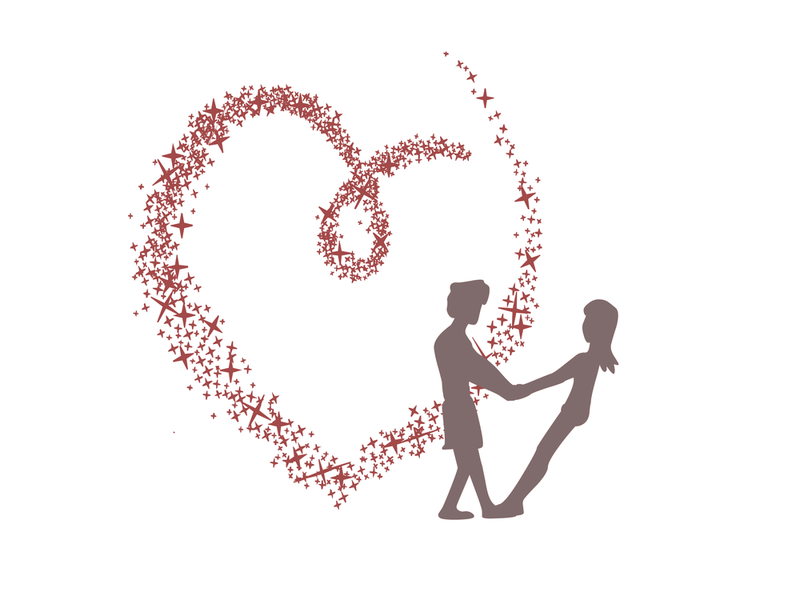How Emotions Hide from Us and Fool Us
In my article “Not Just Sadness: Decomposing Depression”, I explained how anger is often masked as sadness and why it is often the primary feeling accompanying depression, which is often confused with sadness.
In his 1994 article, David Pugmire called the misleading emotion which conceals the real one behind “a factitious emotion.” Concealing the emotion, unconsciously of course, is postulated to serve as a defense mechanism. For instance, imagine you’re feeling hurt because a close friend forgot your birthday. Instead of confronting this hurt, which might hold the primary emotion of disappointment, you might act indifferent or get angry with this specific friend, someone else, or even with yourself for something trivial and unrelated. The hurt of disappointment transforms into anger, and you don’t have to face the unpleasant reality of feeling neglected or confronting your friend about your feeling. Instead, you channel this emotion into anger, vent it and soon forget about it.
However, the primary emotion does not disappear when it is substituted with a factitious emotion, because its cause has not been addressed.
Let’s explore some common emotions, their hidden layers through real-life examples, and how they influence our behavior and interactions.
Shame posing as Anger
Imagine you’re at work. During a presentation to a board of directors, you make a crucial mistake. Instead of simply feeling embarrassed, and maybe apologizing and promising to re-check the information before the next meeting, this shame of not doing good enough can manifest as anger. It can be directed at yourself for not being perfect or at others for not helping you. You might snap at a coworker or resort to passive-aggressive behaviour in the coming week, masking the true feeling of shame. However, owning the shame would allow you to take responsibility for the mistake and not repeat it in the future, whereas anger would sow non-constructive conflicts.
Anger posing as Avoidance or Fear
Picture a scenario where you have a disagreement with your partner because they are not helping you with chores. Instead of expressing your anger, you may avoid the conversation altogether. Instead, you decide to do everything single-handedly, because “I do it better and faster anyway”. You might fear that expressing your anger will damage the relationship and draw you further from one another. But beneath this avoidance, you feel really angry with the duties not being shared equally. Facing and expressing the anger would allow you to voice your disagreement and look for practical ways to change the situation in the relationship.
Disappointment posing as Indifference
Suppose a friend left a negative comment under some of your posts on social media. You might feel disappointed and betrayed. Instead of acknowledging this disappointment, you might break ties with them abruptly, deciding that they don’t care about you. You might spontaneously block them on social media, masking disappointment and making it look as though you don’t care about them anymore. Expressing disappointment with their action verbally, in this case, might have rectified the situation for you, either justifying your disappointment or clarifying the misunderstanding, something that often happens online.
Anxiety posing as Curiosity
Think about preparing for a big exam or a major presentation. Anxiety can disguise itself as endless curiosity, leading to constant questioning, such as, “What if I fail?” or “Did I prepare enough?” or ““What if my mind goes blank?” This cycle of questioning can be overwhelming, making it hard to focus on studying or preparing effectively, and it can give the false impression of actively doing something and making progress. Instead, facing the real anxiety by means of breathing exercises, talking with a professional, or miscellaneous techniques would help you dissipate the anxiety and concentrate on doing your best on the exam.
Anger, Annoyance or Rage Manifesting as Boredom
Sometimes, anger doesn’t come out as overt irritation or rage; instead, it can show up as boredom. For example, imagine being in a meeting where you feel your ideas are being ignored or undervalued and your colleague’s ideas are getting all the attention. Suddenly you’re feeling bored and see no value in this meeting. At this time, you might actually be angry at your colleague for getting all the positive attention. This boredom is a way of distancing yourself from the situation to avoid confronting the underlying anger, or maybe even shame, that your ideas are not good in comparison to the colleague’s. Facing the anger and putting it aside would help you better understand why their ideas are more valued and tune yours in accordance with this fresh understanding.
We often confuse core emotions with secondary emotions. Misidentification of emotions serves as a defence mechanism, which causes us to avoid the real emotion instead of dealing with it. It is helpful to develop the skill of recognizing the core emotion before it gets substituted, because the core emotions provide us with adaptive directions for solving problems, whereas factitious emotions divert us from them. Understanding the core emotion allows us to deal with the underlying circumstances that cause it, eventually changing the situation for the better.
Bibliography:
1. Pugmire, D. (1994). Real emotion. Philosophy and Phenomenological Research, 54(1)
2. Greenberg, L. S. (2004). Emotion–focused therapy. Clinical Psychology and Psychotherapy, 11(1), 3–16.
Published by author on Psychology Today: https://www.psychologytoday.com/intl/blog/the-psychology-of-relationships-and-emotional-intelligence/202407/how-emotions-hide-from-us



